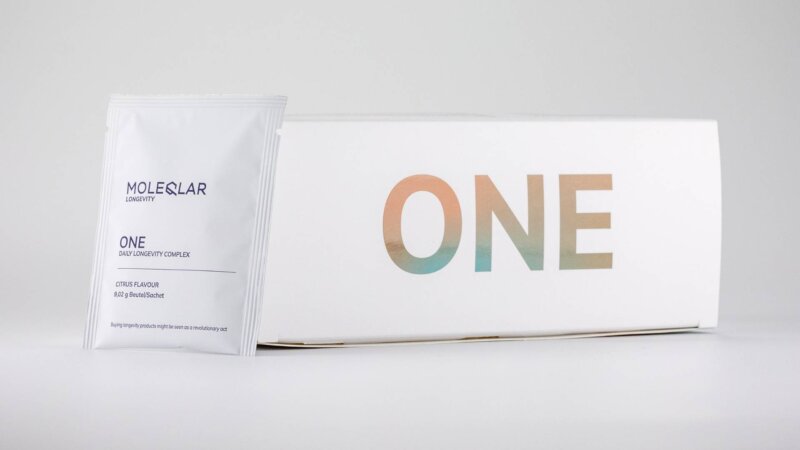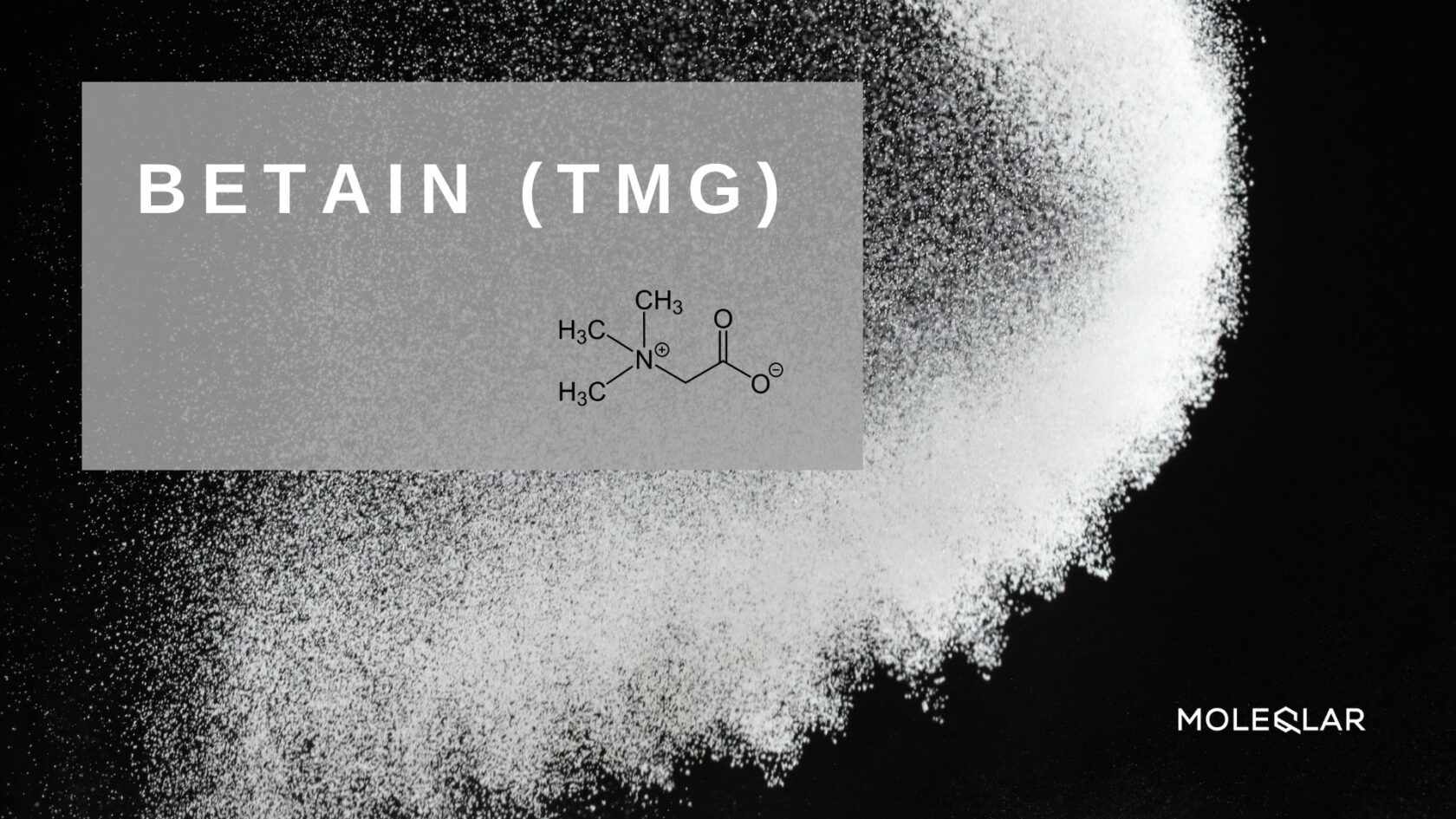Science is important, progressive and comprehensive. Sometimes too comprehensive to keep track of. In "Research compact", relevant studies on our products are presented weekly. Clear and compact - so that keeping up doesn't become a burden.
Background
"Everyone has his or her own baggage to carry" is a statement that people like to make when they talk about illnesses, unexpectedly terrible events, quarrels, but also about interpersonal issues. This is meant to reassure "everyone", because regardless of the extent of the baggage, it affects each and every one of us. No one is exempt. For some it is bigger and for some it is smaller. Nevertheless, we are all in the same boat. With this article, we want to get into a boat that over 600 million people worldwide are already in and suffering from. Overweight and obesity. For these people, excess fat accumulates in the body, eventually leading to obesity, which is now recognised as a chronic disease. In addition, obesity goes hand in hand with several health problems such as diabetes, cardiovascular disease and cancer. Both thus pose a serious threat to health as well as physical well-being and should be avoided at all costs.
Objective - Betaine as a weapon against obesity
In order to save this fully loaded boat from sinking, some methods of treating overweight and obesity have already been tried. Currently, increasing attention is being paid to effective weight loss strategies, such as lifestyle change or dietary intervention. In this context, dietary supplements made from natural products have already shown great performance in preventing obesity. A 2019 study by Gao and colleagues took a closer look at a molecule called betaine. This substance has already been shown to have a weight loss effect in some other studies. However, the results in human studies were inconsistent and sometimes even controversial. Therefore, the results of these reports on the effects of betaine in humans had to be objectively reviewed and summarised.
Material and methods
Right at the beginning, the legitimate question arises of how to tackle such a contradictory problem. But the solution is relatively simple. In order to assess the role of betaine in obesity, the entire literature was systematically reviewed and a meta-analysis was conducted on betaine and its effects in humans. Before we jump right into the results, we should first clarify what a meta-analysis is in the first place. It is definitely not an everyday term. When ordinary mortals - people like you and me - talk about research and science, they usually imagine the same thing: An experiment that either works or is successful or not. For an expert, this is by no means the case. Quite the opposite. In addition to such simple study models, there are also research projects that combine several of these works.
An example: The gold standard - i.e. the winner of the gold medal - among scientific experiments is the randomised controlled trial or RCT for short. Here, a number of people are randomly divided into a treatment group and a control group (therefore controlled) and compared with each other. The catch with these RCTs, however, is the usually small number of people studied. That is why meta-analyses exist to solve this problem. Several RCTs with the same question are simply combined and evaluated. Easier said than done. A lot of work goes into these meta-analyses. It is not for nothing that they are considered the supreme discipline of evidence-based medicine.
Results - Betaine as molecular Cillit Bang
Back to our betaine study. In this study, 6 RCTs with a total of 195 participants were summarised and evaluated. It showed that betaine supplementation significantly reduced the total body fat mass and the body fat percentage of the test persons. No changes in body weight and body mass index were observed. However, the results suggest that dietary supplementation with betaine could be an effective approach to reducing body fat. Almost like a molecular Cillit Bang, betaine as a fat solvent gives hot competition to power cleaners in the kitchen.
Nevertheless, the weaknesses and limitations of this study should not be completely ignored. After all, the amount of betaine taken varied from 2.2-9 grams per day and the duration of treatment varied from 10 days to 24 weeks. There is no such thing as "the" perfect study. However. Whether it's the prosperity belly, a few kilos too many or just the baby fat. With an honest look at the scales, you simply have to realise that there is no way around a change in lifestyle.
Conclusion
In summary, this study provided further evidence that supplemental betaine could reduce body fat in human subjects. Dietary supplementation with betaine could be an effective approach to treat obesity and improve body composition. Nevertheless, the authors mentioned that given the positive benefits, additional RCTs with larger sample sizes are needed to provide further evidence on this topic.
The study appeared online in October 2019 in the scientific journal Nutrients.
References
Gao, X., Zhang, H., Guo, X. F., Li, K., Li, S., & Li, D. (2019). Effect of Betaine on Reducing Body Fat-A Systematic Review and Meta-Analysis of Randomized Controlled Trials. Nutrients, 11(10), 2480. https://doi.org/10.3390/nu11102480
Graphics
The graphics were acquired under licence from Shutterstock.com and marked accordingly.







